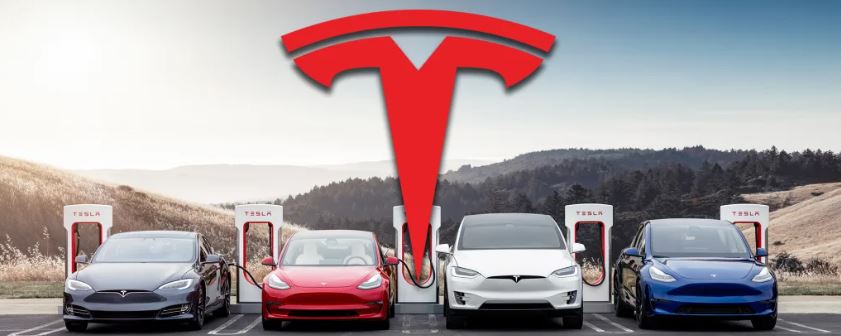Tesla missed analysts’ estimates in the fourth quarter of 2022 by delivering 405,278 vehicles, which was short of Refinitiv’s predicted 431,117. While deliveries rose by 40% for the entire year, it failed to meet CEO Elon Musk’s 50% annual target. Investors are interested in seeing Tesla ramp up production, which would lead to economies of scale and better profitability, especially as the demand for electric cars continues to increase in China and Europe.
Tesla’s first annual investor day, held in March 2023, revealed that the company has produced four million vehicles since opening. Market estimates predict Tesla producing roughly 3.725 million vehicles before the upcoming report, suggesting around 275,000 vehicles produced during the first two months of the quarter. This implies that the upcoming delivery report will be of utmost importance, especially with Tesla’s blue-chip stock status.
Moody’s Investors Service gave a ‘Baa3’ long-term issuer rating to Tesla, assigning the lowest investment grade rating due to Tesla’s expected status as one of the leading manufacturers of battery electric vehicles with high profitability and expanding global presence. Moody’s predicted that Tesla will deliver approximately 1.8 million vehicles worldwide in 2023, representing a 34% improvement from 2022, while also citing the company’s “considerable investments” in new vehicle and battery production as factors leading to a “steep increase” in global deliveries. Additionally, Moody’s highlighted the expansion of Tesla’s product lineup, including the Cybertruck.
Despite the upgrade, Tesla faces antitrust class action lawsuits over the monopolization of repairs and replacement parts. The charges allege that Tesla knowingly designs its cars to discourage owners from doing repairs themselves.
